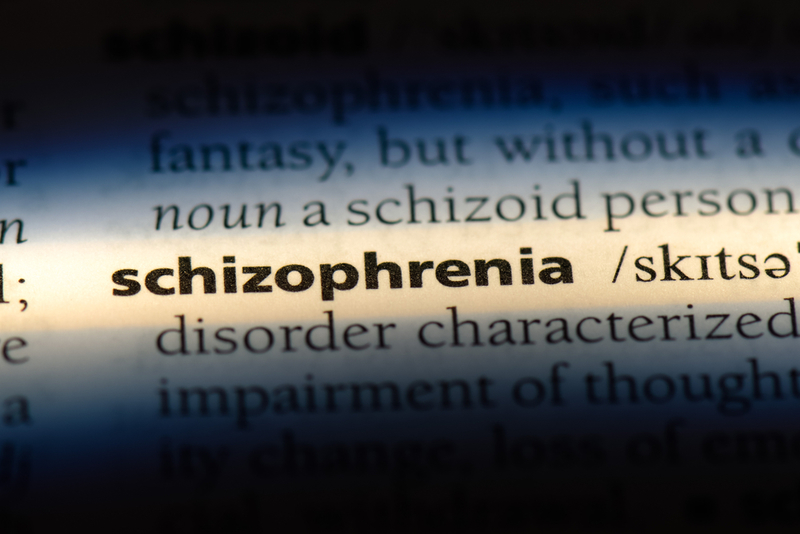Schizophrenia patients have low levels of SV2A proteins in their brains: Study
ANI Jan 22, 2020
People with schizophrenia appear to have decreased levels of a specific protein that is an indicator of the density of synaptic nerve endings. The scientists have been able to unveil this phenomenon due to the latest advancements in scanning techniques.

Schizophrenia is a severe chronic and mental disorder that affects how a person thinks, feels, and behaves. The researchers, who conducted the scans at the psychiatric imaging facility at the Medical Research Council (MRC) London Institute of Medical Sciences, say these changes could underlie the cognitive difficulties seen in schizophrenia and provide targets for research into new treatments. The study was published in the journal Nature Communications.
The researchers detected this in living brains for the first time by utilising a tracer that emits a signal which can be picked up by a PET brain scan. After being injected, the tracer binds specifically to a protein found in synapses called SV2A (synaptic vesicle glycoprotein 2A), which has been shown in animal and post-mortem studies to be a good marker of the density of synaptic nerve endings in the brain.
They scanned 18 adults with schizophrenia and compared them to 18 people without schizophrenia. They found that levels of the synaptic protein SV2A were lower in the front parts of the brain - regions of the brain involved in planning - in people with schizophrenia. Professor Oliver Howes, who led the study, from the MRC London Institute of Medical Sciences, Imperial College London and King's College London, said: "Our current treatments for schizophrenia only target one aspect of the disease - the psychotic symptoms - but the debilitating cognitive symptoms, such as loss of abilities to plan and remember, often cause much more long-term disability and there's no treatment for them at the moment.
Synaptic loss is thought to underlie these symptoms." "We need to develop new treatments for schizophrenia. This protein SV2A could be a target for new treatments to restore synaptic function."
Dr Ellis Onwordi, who conducted the research, from the MRC London Institute of Medical Sciences, Imperial College London and King's College London, said: "Schizophrenia is a highly debilitating disorder, and the therapeutic options are too limited for many patients. To develop better treatments in the future we need studies like this to shine a light on how the extraordinarily complex wiring of the human brain is altered by this disease."
"Having scans that can characterise the distribution of the approximately 100 trillion synapses in the living brain, and find differences in their distribution between people with and without schizophrenia, represents a significant advance in our ability to study schizophrenia," added Onwordi.
Professor Howes said: "This is reassuring as it's suggesting that our antipsychotic treatments aren't leading to loss of brain connections. Next, we hope to scan younger people in the very early stages to see how synaptic levels change during the development of the illness and whether these changes are established early on or develop over time."
-
Exclusive Write-ups & Webinars by KOLs
-
Daily Quiz by specialty
-
Paid Market Research Surveys
-
Case discussions, News & Journals' summaries